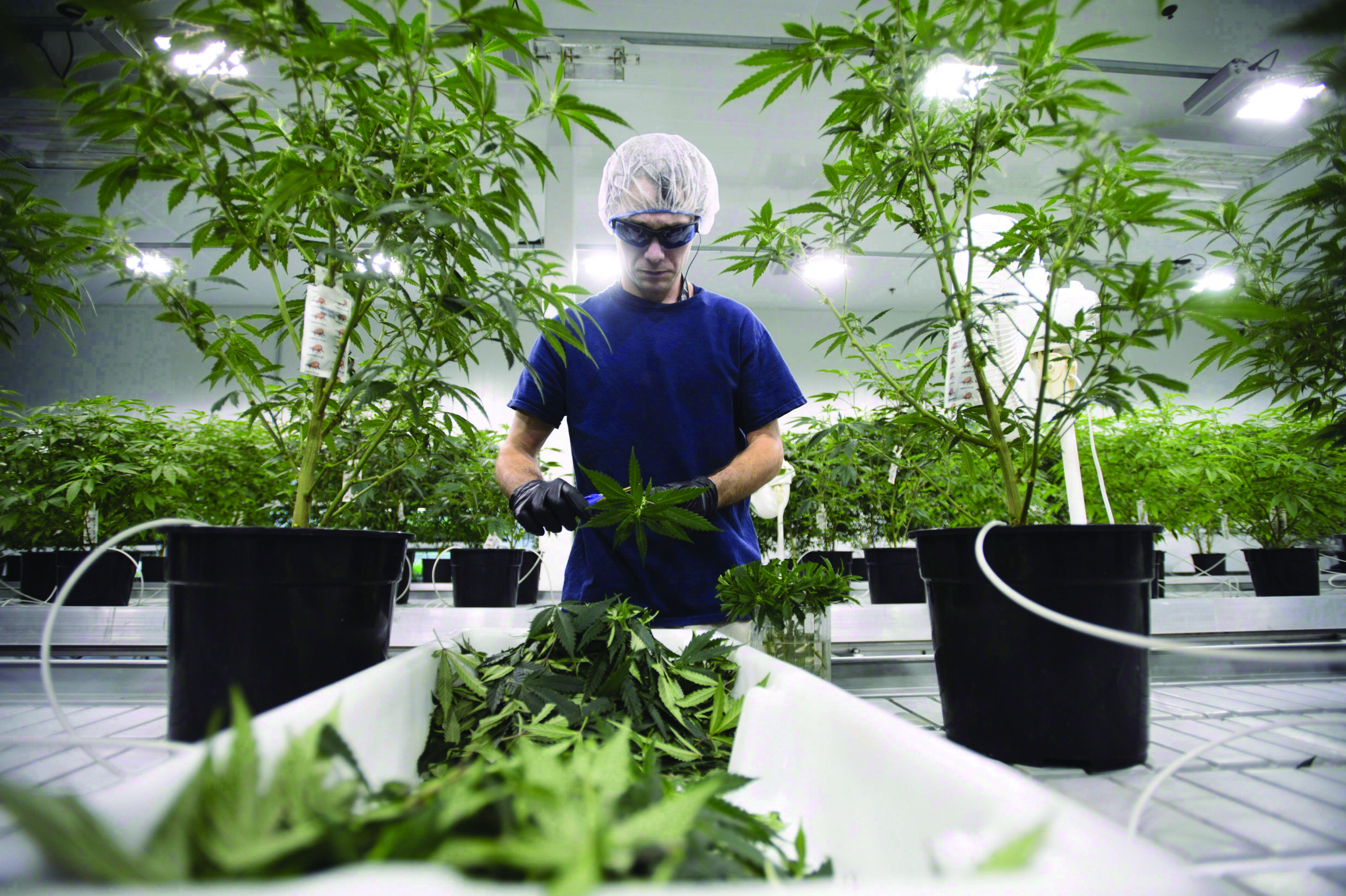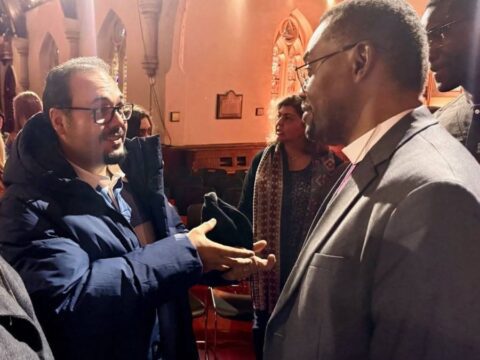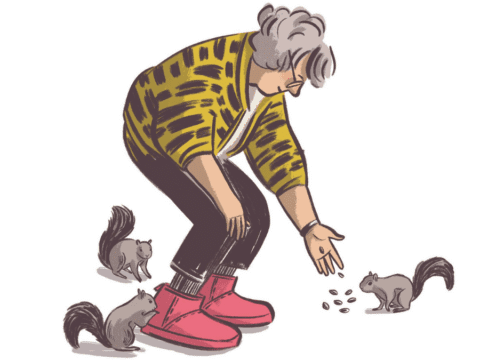I’m one of those people who has “never inhaled.” I haven’t smoked a cigarette in my life, so when cannabis was around at university, I tried it but didn’t really see the point, or the joint. I did try other drugs all those years ago — speed, magic mushrooms — but then turned to single-malt whiskey and craft beer. We all have our weaknesses.
Marijuana is to be legalized this month in Canada. A few guarantees: profits will go to large businesses, who will increasingly dominate the market and squeeze out their competitors — why would cannabis be different from any other product in the capitalist model? Indeed, it’s fascinating that conservative figures long opposed to legalization have suddenly become investors.
You may unsubscribe from any of our newsletters at any time.
The new rules will mean far fewer charges and arrests, enable those who need the stuff for medical purposes to have easier access, and signal that we’ve grown up as a society. But I do get a little tired of those who argue that marijuana is a panacea, capable of curing almost anything. It’s not.
As a recreational tool, it seems to work, but the difference between the need to relax and the habitual need to escape life’s realities is profoundly different. Yet if we say anything contrary to the great cult of weed, we’re accused of being out of touch, controlling and — as they used to say — square.
The Christian reaction has been predictable. Liberal Protestants generally applaud legalization, as a way to prevent brushes with the police and as a move toward a more tolerant society. In fact, some in the United Church want further drug decriminalization, which I think is too early and perhaps too much.
The Canadian Conference of Catholic Bishops is against legalized pot, calling the decision “lamentable.” Baptists and many other conservative evangelicals are also opposed, frankly because opposing is what they do. Hard to avoid that old joke about why they object to making love standing up — because it might lead to dancing. Their theological stance is that cannabis might corrupt the body and soul and promote immoral behaviour. I get the feeling, however, that there is a major disconnect between older and younger evangelicals, and this probably applies across the Christian spectrum.
The truth is that cannabis isn’t a gateway drug, any more than a glass of wine is a gateway to alcoholism, and we should have liberalized the law decades ago. We have, however, a large neighbour to the south who believes, at least at the federal level, that smoking a joint is far more dangerous than owning a gun.
So the upshot of all this is generally positive. But here is where I sit back and wonder. Marginalized groups, and particularly the black and Indigenous communities, have been asking for entirely reasonable reforms for time beyond counting, and change comes, if at all, painfully slowly. The reality is that marijuana legalization was largely a white middle-class campaign, with friends in high places, and other causes simply don’t have that context and those connections. It’s a small victory being celebrated as a massive revolution. And that, forgive me, it is not.














